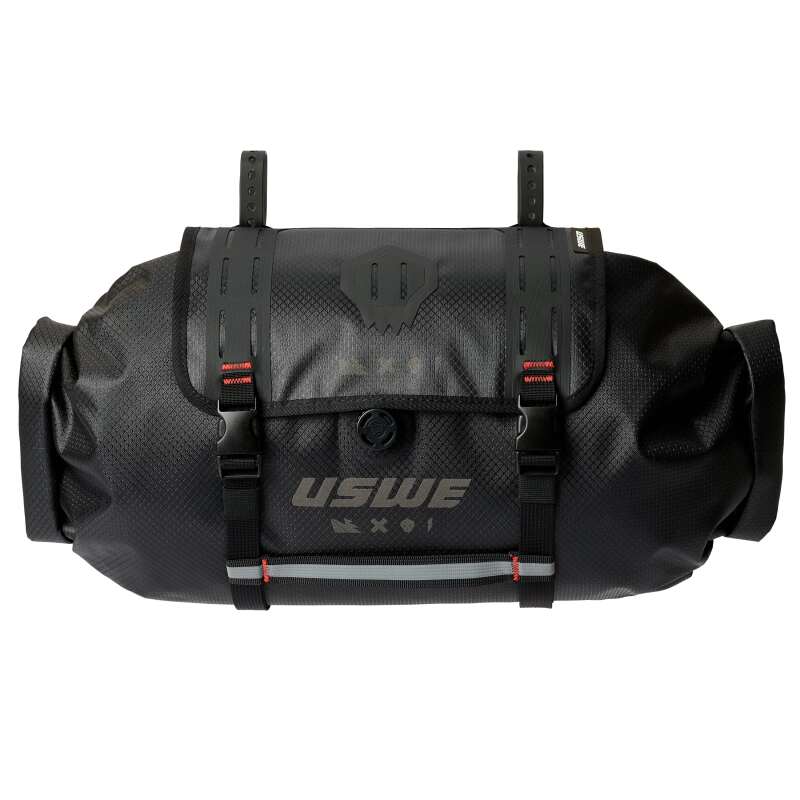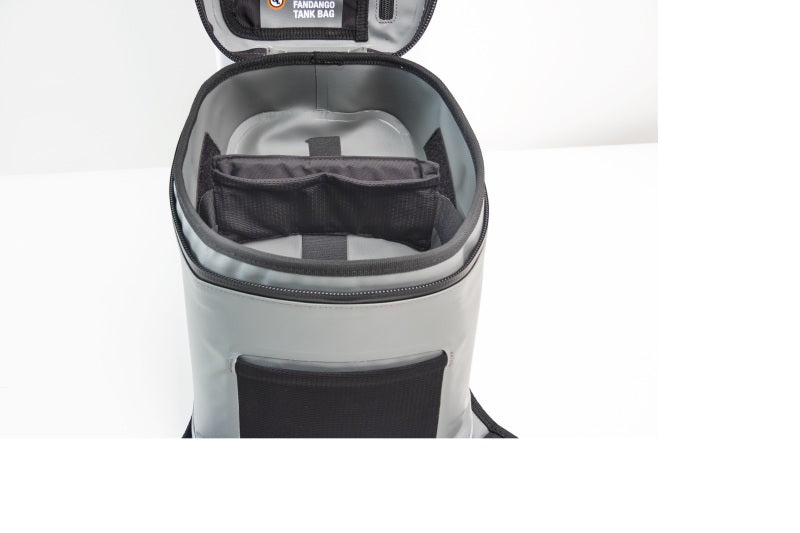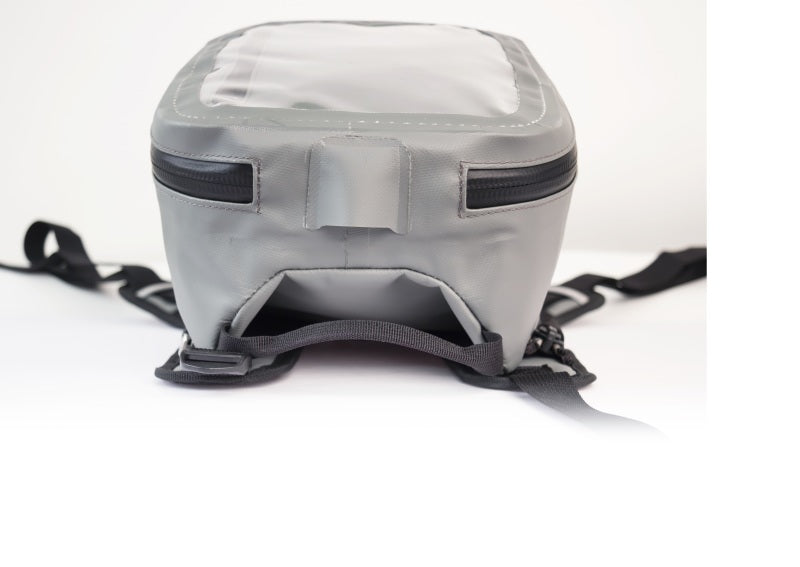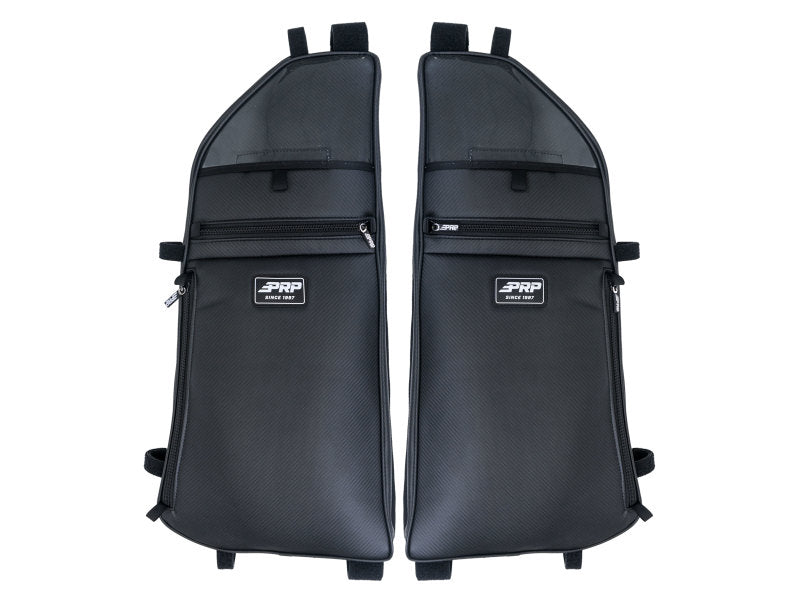Air filters protect your car's engine from dirt and harmful particles, helping to keep it running well. They make sure the engine gets enough clean air, which helps to avoid damage and wear. This is important for the engine to work better and last longer.
It's important to regularly change or clean the air filter as the car's maker suggests. Doing this simple task helps keep your engine safe and working at its best.
Key Takeaways
- Air filters prevent engine contamination by trapping dirt and harmful particles.
- Keeping air filters clean is very important for the engine to work well and use fuel efficiently.
- Regular air filter maintenance prevents wear and tear on engine components.
- Cleaning air filters helps engines burn fuel better, improving gas mileage and making the engine last longer.
- Neglecting air filter upkeep can lead to reduced engine power and increased fuel consumption.
Importance of Clean Air Intake
Maintaining your car's air intake cleanliness is vital for preserving engine health and efficiency. Clean air filters act as your primary defense against harmful pollutants that can harm engine parts. By routinely inspecting and replacing your engine air filter, you're not only safeguarding the well-being of your engine but also maximizing air flow.
This ideal air flow is important, as it prevents stress and damage on internal components, ensuring your engine functions at peak efficiency. A clean air filter greatly contributes to enhanced fuel efficiency by enabling your engine to breathe more easily. Over time, this results in long-term cost savings by decreasing the necessity for expensive repairs and upholding your vehicle's performance.
Keep in mind, a clean air filter is essential for a healthy engine and a smoother drive.
Preventing Engine Contamination
Air filters are your engine's first line of defense against dirt and dust, playing a critical role in preventing engine contamination. These contaminants are more than just nuisances; they can lead to significant engine wear and damage, cutting short the engine's longevity.
Regular maintenance, including the timely replacement of air filters, guarantees that your engine is protected from these harmful particles. Clean air filters maintain ideal airflow, essential for your engine's performance and efficiency, while also preventing carbon buildup.
This buildup can negatively impact your engine over time. To guarantee engine longevity, prioritizing the regular maintenance of air filters is a necessity. This simple step is pivotal in shielding your engine from contamination and ensuring its durability.
Enhancing Engine Performance
By maintaining a clean air filter, you're not just safeguarding your engine from contaminants; you're also enhancing its performance and efficiency. Clean air filters guarantee ideal airflow to your engine, vital for maximizing combustion efficiency and, in turn, engine performance. This proper maintenance doesn't just stop at protection—it actively boosts fuel efficiency by facilitating smoother operations.
Utilizing a quality cleaning kit for your air filters can prevent carbon buildup, a common culprit behind diminished engine performance. Remember, regular replacement or cleaning according to the manufacturer's recommendations is key to sustaining your engine's health.
Essentially, prioritizing air filter maintenance is a straightforward yet impactful step towards securing both the peak performance and longevity of your vehicle's engine.
Reducing Engine Wear and Tear
Air filters play an important role in minimizing engine wear and tear by trapping dirt and other particles before they can enter and damage the engine. By ensuring that only clean air mixes with fuel, air filters greatly reduce friction and wear on critical engine components. This not only protects cylinders, pistons, and valves from contaminants but also maintains ideal airflow, vital for your engine's longevity and performance.
Consequently, regularly cleaning your air filter and replacing it every recommended interval is necessary. This proactive maintenance not only prolongs the durability of engine parts but also leads to lower maintenance costs and decreases the risk of premature engine failure.
Extending Engine Life
Maintaining a clean air filter not only minimizes engine wear but also greatly extends the life of your car's engine. By preventing dirt and particles from entering the engine, clean air filters reduce the wear and tear on engine components. This is essential for engine longevity.
To keep your engine running well and efficiently, it's important to make sure the air flowing into it is clean. You should check and change your air filter about every 12,000 to 15,000 miles to avoid engine problems and make it last longer. Changing the air filter regularly also helps your car use less fuel and pollute less. Using performance filters can make these improvements even better.
Neglecting this simple step could lead to reduced horsepower, torque, and fuel efficiency, shortening the overall lifespan of your engine.
Maintenance Tips for Air Filters
To maintain your car's engine running smoothly, regularly check and replace the air filters every 12,000 to 15,000 miles. This not only safeguards against engine damage but also guarantees your air intake system remains free of harmful debris that can reduce performance.
Here are some necessary maintenance tips:
- Monitor the filter at regular intervals: Make sure to inspect it for any signs of excessive dirt or damage that could affect engine efficiency.
- Utilize the correct cleaning solution: For performance air filters that are reusable, adhere to the manufacturer's cleaning instructions closely to avoid harming the filter.
- Prevent accumulation: Regular maintenance prevents carbon buildup in your engine, promoting better horsepower, torque, and fuel efficiency over time.
Frequently Asked Questions
How Does the Air Filter Affect the Engine?
Your air filter directly impacts your engine's performance by optimizing fuel efficiency, enhancing power output, aiding emission control, supporting the combustion process, and preventing engine overheating. Keeping it clean is key to maintaining your engine's health.
Do Engine Air Filters Make a Difference?
Yes, engine air filters greatly impact your car, enhancing performance, improving fuel efficiency, and reducing emissions. Advanced filter technology also lowers maintenance costs, making them a must-have for preserving your vehicle's health and functionality.
How Will a Dirty Air Filter Impact the Performance and Longevity of an Engine?
A dirty air filter will lead to increased fuel consumption, reduced horsepower, emission problems, engine overheating, and uneven idling. You'll experience significant performance issues, which can drastically shorten your engine's lifespan without timely maintenance.
What Is the Main Role of the Air Filter in the Engine?
The primary role of your car's air filter is contaminant prevention, ensuring airflow optimization for fuel efficiency, engine cooling, and performance enhancement. It's essential for mastery in maintaining your engine's health and efficiency. A damaged air filter can prevent it from performing this role properly.





